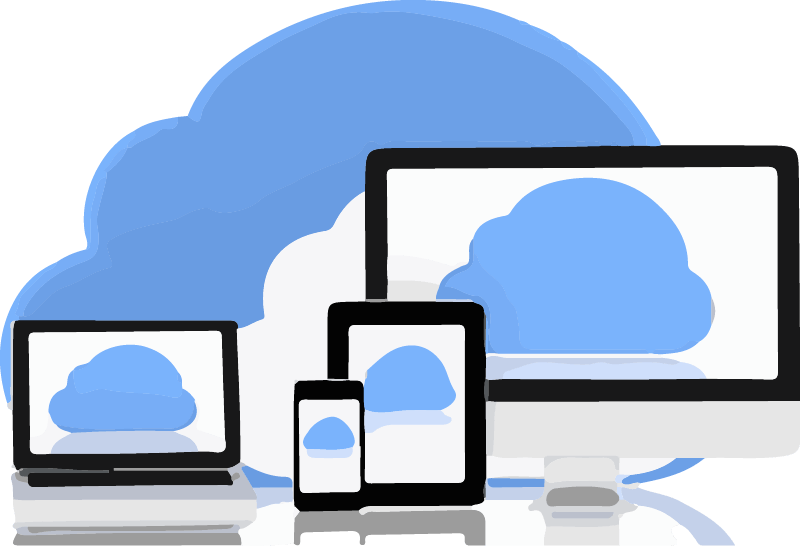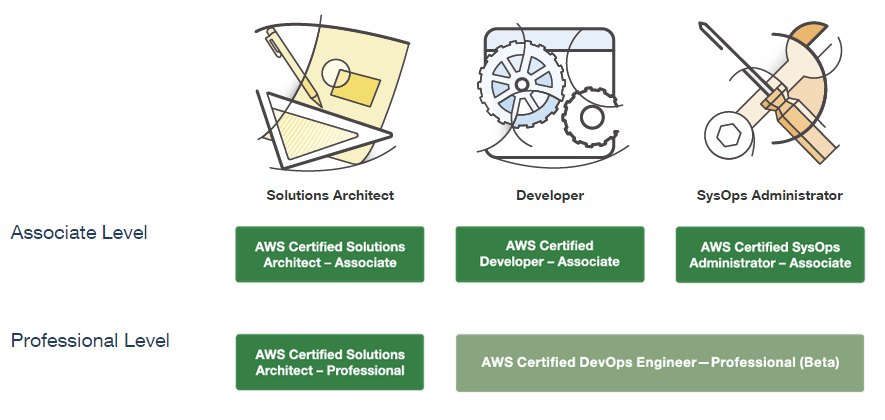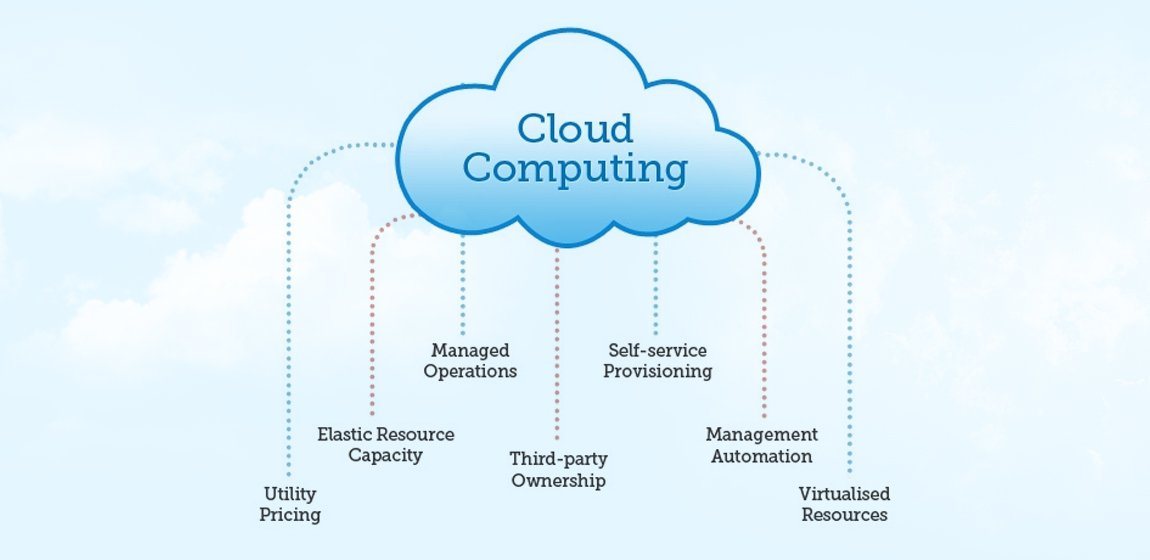Until recently, if a business needed a lot of computing power, they would have to either buy and maintain a powerful server, or lease a dedicated server from a third party on an expensive contract. If they needed that power only in the short term – perhaps to handle a seasonal traffic spike to their website, then they’d find themselves saddled with a server contract, or an expensive, difficult to maintain piece of hardware that they rarely needed to use. Cloud computing frees SMEs from the need to buy and manage that hardware.
The above use case is one of the more commonly referred to ones for cloud computing, but many SMEs are using cloud computing to handle almost all of their computer services. Instead of running email and web servers, backup solutions, account management solutions, and collaboration tools in house, they’re using the cloud. For a small company, paying for cloud services on an as-needed basis can be a lot less expensive than having to buy and maintain dozens of different software packages and one or more computers to run them on.
Cloud computing allows small companies to compete on an even footing with much larger enterprises. If your business focuses on knowledge and services, the client may never know whether you’re working from Soho, London, or a Small Office, Home Office.
Access the Cloud Anywhere
Remote working is becoming increasingly popular at all levels of business. The beauty of the cloud is that you can access it anywhere. This means that remote working is a lot easier to arrange. Instead of having to worry about firewall settings and the security of your in-house systems, you can simply access information through the cloud.
Information Security
The rush to the cloud does pose a number of questions about internet security. Before you put sensitive information into “the cloud” it’s important to make sure that you understand the security policies of the company you’re working with. Who can access the data in the cloud? Where is it stored? How often is it backed up? If a breach occurs, who is liable? What will happen if there is an outage – will you still be able to access information locally?
Many businesses have successfully harnessed cloud computing for both remote working, and office based work, but it’s still a good idea to carry out your own risk assessment and put together a strong IT security plan, as well as running your own backup solution so that you have local copies of your data to fall back on.

This is Rohan, I’m a Digital marketing Expert, Full time Content Writer and founder of BoxerTechnology.com I can help people across the world through my articles. I am sharing the latest stories from companies like Apple, Samsung, Google, and Amazon.





Leave a Reply